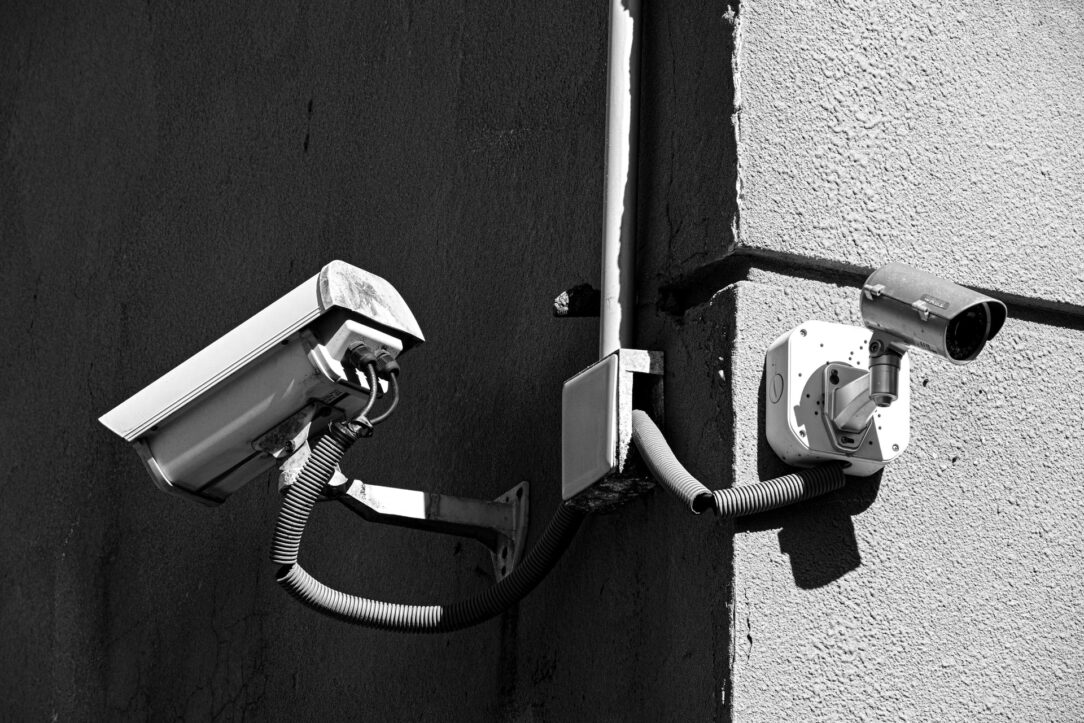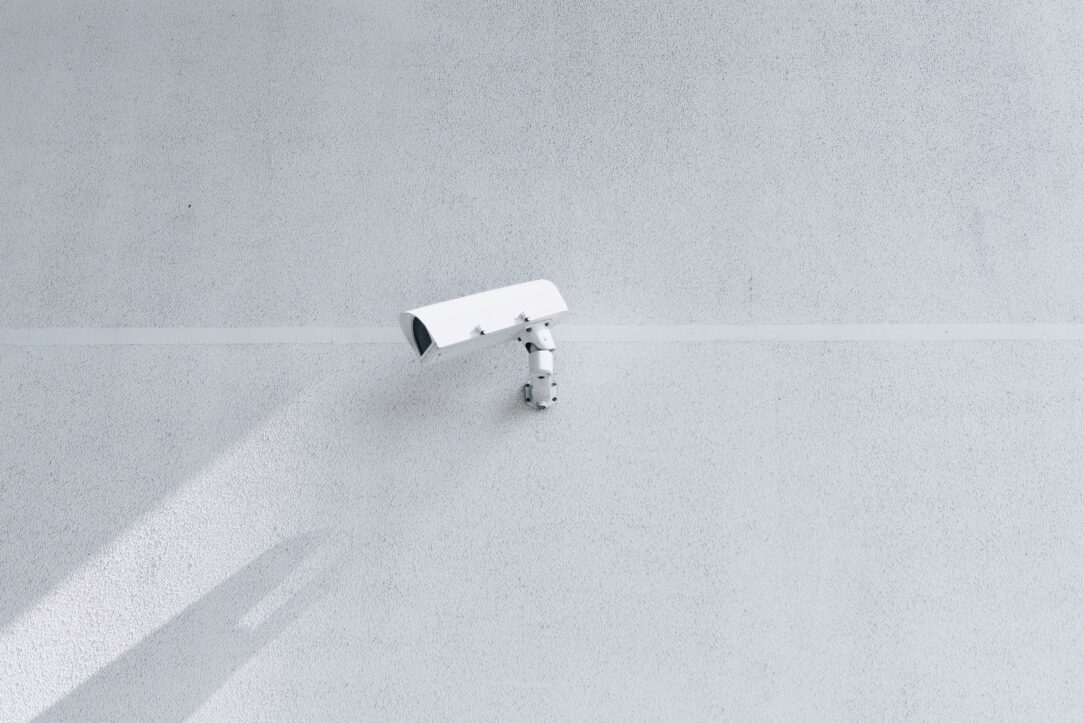Across the country, local police departments are working with business owners and residents to utilize a network of video cameras to improve law enforcement efforts. Some of these programs go so far as to provide free cameras to anyone willing to participate.
Police-sponsored security camera programs are among the latest efforts to combat rising crime rates. As the thinking goes, giving police greater access to a network of security cameras makes it easier for them to do their jobs. However, there are pros and cons to such programs.
It must be understood that there is a difference between a registration-only program and one that involves giving away free cameras provided by the local police department. And in that difference lie many of the pros and cons.
Camera Registration Only

Source: unspalsh.com
Auburn, Alabama is one of the latest communities to launch a camera registration program. Anyone within the city limits that has exterior security cameras mounted on a home or business can register the cameras with the police department. Registration includes providing information about camera location and owner contact options.
When crimes occur for which police investigators would be helped by video footage, they will use the registration program to locate appropriate cameras. Then they will notify camera owners to ask for copies of recent footage. In some cases, investigators will go to the owner’s location to view footage. In other cases, the footage might be transferred to investigators electronically.
This type of program is relatively safe from a privacy standpoint. As things currently stand, the Auburn Police Department will not be able to access video footage on their own. They also will not have direct access to registered cameras. If they want video footage, they have to locate the camera owner and ask for it.
All this particular program does is provide the police department with a list of local cameras and how to contact their respective owners. It is a more efficient system then going door-to-door, speaking with property owners to find out if they have cameras.
Free Camera Programs
A registration-only program is rather innocuous. When police departments giveaway free surveillance cameras however, you are talking about an entirely different animal. Free camera programs raise a lot of security and privacy concerns.
A typical program involves the manufacturer supplying the police department with free or discounted security cameras. The Police Department then turns around and offers the cameras to local residents in exchange for access to surveillance footage in the event crimes are committed. On the surface, the whole thing seems straightforward. But as they say, the devil is in the details.
One of the cons of this type arrangement is that residents and business owners never truly know what kind of relationship exists between the Police Department and the camera manufacturer. Maybe police investigators are locked out of cameras unless they get permission, but perhaps they aren’t. If there is one thing that we have learned about wireless security cameras over the years, it’s that you can never be too careful about breaches.
In fairness, similar security and privacy issues could arise in registration-only programs. If police investigators know that a home or business is equipped with a certain type of camera, what’s to stop them from contacting the camera provider and asking for video footage?
Remotely Accessed Cameras

Source: cctvsecuritypros.com
Police camera programs that allow investigators to access security cameras remotely raise another concern. We trust that the police will always act in our best interests. We trust they would never attempt to remotely access security footage without gaining the necessary permission. But we also know that bad apples exist.
It is scary to think that someone with remote access would use it for nefarious purposes. But we already know from news reports that it happens. A rogue police officer can do that very thing, then use their position to cover up the crime. This is likely a rare occurrence, but it can happen.
On the Positive Side
There are always risks when giving third parties access to security equipment. Those risks will never be fully mitigated no matter how many precautions are taken. So in fairness, one has to look at the positive aspects of police-sponsored camera programs in order to make a fair judgment.
For starters, police and security camera programs do make investigating crimes easier. In a day and age in which most local police departments are already stretched way too thin, anything that can cut down on legwork goes a long way toward increasing efficiency. A program like the one in Auburn certainly fits the bill.
Another positive aspect is that police camera programs encourage people to install security cameras. If they otherwise would not, then getting them involved in a police program has accomplished something positive. Getting residents and business owners to install cameras makes them active participants in fighting crime.
Taking that one step further, insurance companies now take home-security features into consideration when determining annual premiums. Encouraging people to install video cameras can lead to a reduction in their insurance rates. There is nothing wrong with that.
Security Cameras Are Here to Stay

Source: unspalsh.com
This whole discussion is underscored by one unavoidable fact: security cameras are here to stay. Companies like Vivint are one of the leaders in the industry of selling wireless security cameras to customers around the country because people want them. The demand is not going to change. Now that the technology is available, the demand for it will remain.
For local police departments, it is a question of how they can leverage the technology to improve their efforts to keep communities safe. Some police departments believe that free camera programs are the way to go. Others like the concept of having access to video footage but prefer registration-only programs instead.
One way or the other, police-sponsored camera programs have their pros and cons. Consumers have to decide for themselves whether such programs are worthwhile. At least for now, no one can be compelled to install video cameras or participate in a program sponsored by the local police department.




